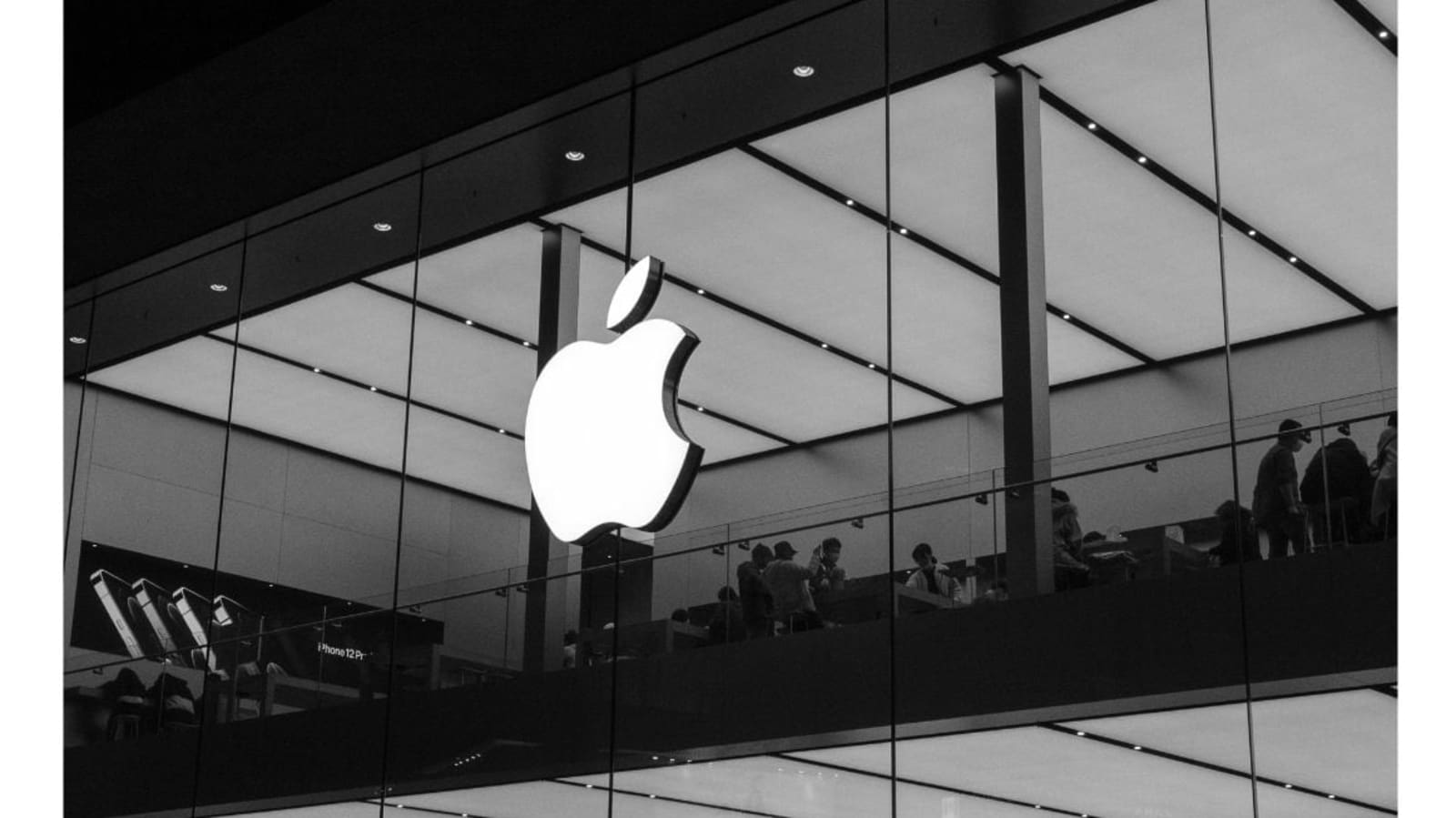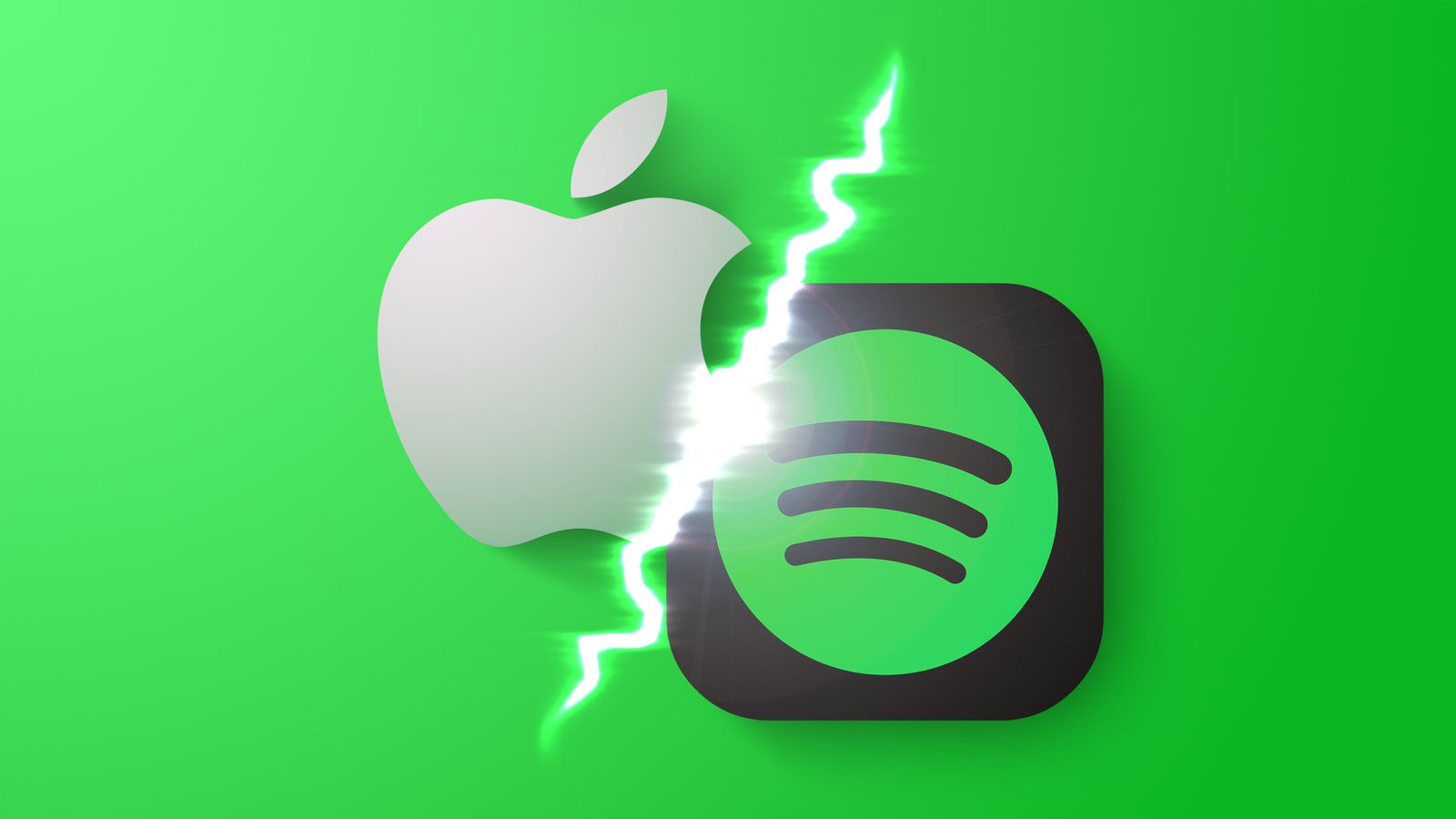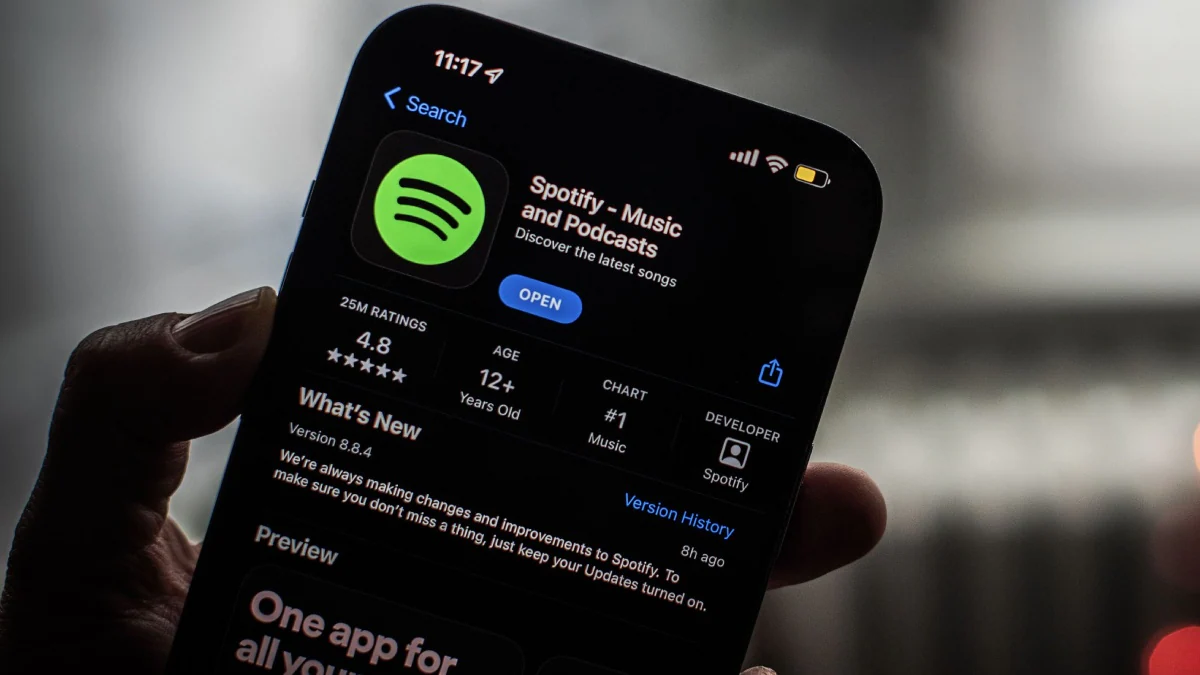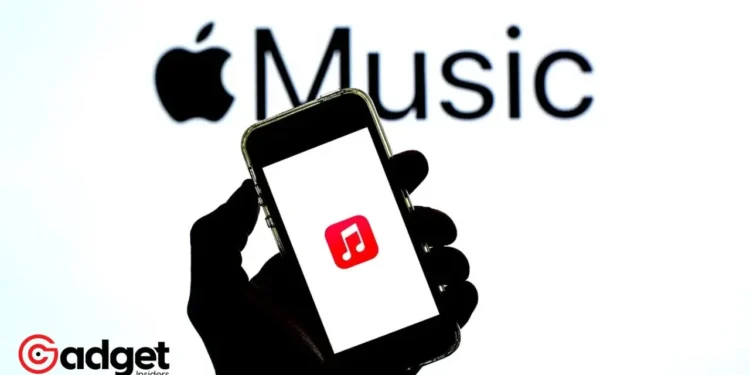In a landmark decision that has sent ripples through the tech industry, Apple Inc. finds itself on the losing end of a massive $539 million fine imposed by the European Union. This penalty stems from a long-standing dispute initiated by Spotify over what’s been dubbed the “in-app tax” – a scenario that has not only piqued the interest of competition regulators but also sparked a broader conversation about fairness and innovation in the digital marketplace.

The Catalyst Behind the Clash
The origins of this high-stakes drama trace back to 2019 when Spotify, a titan in the music streaming sector, lodged a formal complaint with the European Union. The bone of contention? Apple’s policies effectively handicapped competing music streaming services on its iOS platform.
By imposing a 30% fee on all in-app transactions, Apple made it financially unviable for rivals to offer subscription services at competitive rates directly through their apps.
This fee structure had tangible repercussions for consumers. For instance, subscribing to Spotify Premium via the iPhone app costs users $12.99 a month, a premium over the standard $9.99 rate, directly attributable to Apple’s levy. While Apple later adjusted this fee to 15% for small businesses, the damage, as perceived by competitors and regulators alike, had been done.
In a defiant move, Spotify ceased all in-app Premium subscriptions, directing users to continue their memberships through its website, a workaround that circumvented Apple’s surcharge but also highlighted the friction between app developers and the Cupertino-based tech behemoth.

Apple to Pay $359 Million Fine: The European Union Steps In
The European Union, known for its stringent antitrust scrutiny, proved to be a more receptive audience to Spotify’s grievances than its counterparts across the Atlantic. The crux of the EU’s investigation zeroed in on Apple’s restrictive policy that barred developers from directing users to alternative subscription avenues outside of the app ecosystem.
Facing mounting pressure, not just from the EU but also as part of broader regulatory challenges globally, Apple revised its stance in 2022, allowing developers to link to external subscription options, a significant policy shift spurred by regulatory interventions, including a notable case in Japan.
Apple has been fined €500 million by the EU for its rule preventing apps like Spotify from telling users they can purchase subscriptions outside the App Store to avoid Apple’s 30% fee.
This is Apple’s first EU fine. It’s probably not its last. pic.twitter.com/2rqvseMfEQ
— Dare Obasanjo🐀 (@Carnage4Life) February 18, 2024
A Narrow Escape from a Heftier Penalty
It’s worth noting that the financial penalty levied, substantial as it is, could have been far more punitive. At one juncture, discussions within the EU considered a fine amounting to 10% of Apple’s annual global revenue, a figure that would have approached a staggering $40 billion.
In this light, the $539 million fine, while sizeable, represents a somewhat softened blow to Apple’s coffers.

Implications and the Road Ahead
This episode marks a critical juncture in the ongoing debate over the practices of tech giants and their impact on competition and innovation. For Apple, the fine is a clear signal from regulators that leveraging platform dominance to disadvantage competitors will not be tolerated.
Meanwhile, for Spotify and other app developers, the decision is a vindication of their claims and a hopeful precedent for more equitable treatment in digital marketplaces. As the dust settles on this landmark case, the tech industry at large is left to ponder the implications for future innovation, competition, and the regulatory landscape that shapes them.
With this decision, the European Union has once again positioned itself as a leading advocate for digital market fairness, setting a precedent that could influence global regulatory approaches for years to come.










